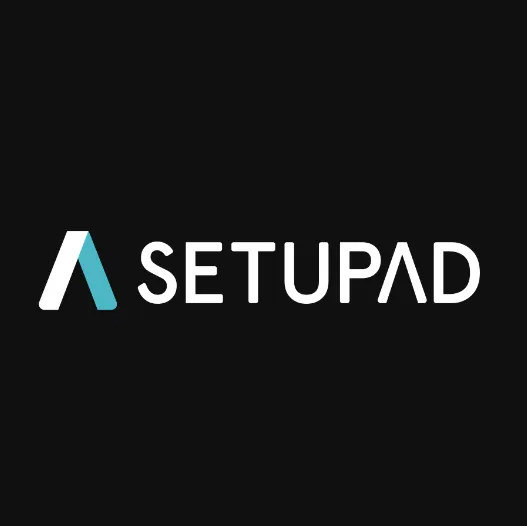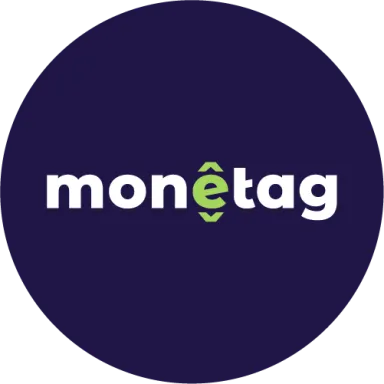The Best Ad Servers for Publishers
An ad server is an ad-serving technology platform that enables publishers to manage and serve online advertisements. The global ad server market was valued at approximately USD 7.5 billion in 2020 and is projected to reach USD 14.6 billion by 2025, growing at a CAGR of 14.2% during the forecast period. Over 80% of media enterprises and large digital publishers use ad servers to manage their ad inventory and optimize ad delivery. Ad servers allow targeting specific audience segments and tracking performance metrics like CTRs, impressions, clicks, conversions, and key values. Ad servers are tech engines which help both advertisers and publishers in ad management and ad distribution. These act are a unified form of ad management platforms and ad networks for publishers. There are two main types of ad servers for publishers: hosted ad servers and self-hosted ad servers.
- Hosted ad servers: They are third-party services that provide publishers with ad-serving functionality. This is done in exchange for a fee. These services usually offer a user-friendly interface for creating and managing ad campaigns. They also offer advanced targeting and reporting features. Some popular examples of hosted ad servers for publishers include Google Ad Manager, AdRoll, and DoubleClick.
- Self-hosted ad servers: They are installed on a publisher's own servers. These offer greater control and customization options. Self-hosted ad servers require more technical expertise to set up and maintain. Yet, they offer publishers the ability to fully customize ad serving and tracking capabilities. Some popular self-hosted ad server options include OpenX, AdZis, and Revive Adserver.

Image Source: Adjust.com
Benefits of Ad Servers for Publishers
Ad servers offer several key benefits to publishers, including:
- Ad Campaign Management: Ad servers have become essential tools for publishers looking to manage and scale their advertising efforts efficiently. They provide a centralized platform to handle everything from ad creation and scheduling to targeting and performance optimization, making campaign management more streamlined and effective.
- Precision Targeting: Modern ad servers allow publishers to deliver ads based on detailed audience segments, including demographics, interests, and user behavior. This level of targeting ensures ads are more relevant, which often results in higher engagement, improved click-through rates (CTR), and better overall conversion performance.
- Data-Driven Optimization: With real-time access to key metrics like impressions, clicks, conversions, and revenue, publishers can make informed decisions to fine-tune their campaigns. This data-centric approach helps drive better results and maximizes return on investment (ROI).
- Dynamic Ad Rotation: To maintain user interest and reduce ad fatigue, ad servers support automatic ad rotation. This ensures that users are exposed to varied creatives, keeping content fresh and increasing the likelihood of engagement.
- Protection Against Ad Fraud: Ad servers also enhance campaign integrity by identifying and filtering out fraudulent traffic and invalid clicks. This not only protects advertising budgets but also ensures the accuracy of performance metrics.
Overall, ad servers offer publishers a range of benefits. These benefits help improve the effectiveness and efficiency of online advertising campaigns.
iSearch, Taiwan's top Google Certified Publishing Partner (GCPP), excels in leveraging Google's tools and technologies to optimize ad performance. With extensive experience and official Google support, iSearch customizes ad styles and placements, providing professional optimization services and benefit analysis to maximize website revenue.
Livewrapped is an ad tech platform which excels at offering a simplified programmatic advertising solution to the publishers. Established in 2017, the platform provides tools to maximize monetization and streamline the generation of revenue processes. It also aims to implement header bidding strategies.
RiseCodes provides a comprehensive suite of tools and solutions that empower publishers to enhance their advertising strategies and maximize revenue. Its innovative approach to programmatic advertising, combined with user-friendly features and capabilities, makes RiseCodes an ideal choice for publishers looking to thrive in the ever-evolving digital advertising landscape. By leveraging RiseCodes's technology, publishers can optimize their monetization efforts and deliver impactful advertising experiences that resonate with their audiences.
AdSpirit, a programmatic ad platform, boosts publisher revenue with advanced targeting, real-time bidding, and dynamic ad allocation. It supports diverse ad formats and integrates with major DSPs and ad exchanges to enhance performance and maximize CPM rates.
Beachfront presents a powerful ad tech platform designed to maximize revenue for video publishers across CTV, mobile, and desktop environments. With a strong emphasis on programmatic video advertising, real-time bidding, and unified auction technology, Beachfront helps publishers secure competitive CPM rates through efficient ad placements.
How to Choose the Best Ad Servers for Publishers?
Choosing the best ad server for your publishing needs can be vexing. Here are some key factors to consider when evaluating ad server options:
- Core Features: Ensure the ad server includes functionalities such as ad creation, targeting, campaign optimization, detailed reporting, and fraud prevention. These features are important to running efficient and results-driven campaigns.
- Ease of Use: A user-friendly interface can save time and reduce the learning curve. Look for an intuitive platform that offers straightforward navigation, clear documentation, and doesn’t require deep technical expertise to operate.
- Customization & Control: Evaluate flexibility. If you prefer full control over your ad-serving infrastructure, a self-hosted solution may be ideal. However, for those looking for a more streamlined, hands-off experience, a hosted ad server offers convenience and ease of use.
- Scalability: Choose a platform that can handle increasing traffic and ad volume without compromising speed or reliability.
- Integration: Consider how well the ad server integrates with existing tools like analytics platforms, CMS, or third-party ad networks. Smooth integration enhances efficiency and helps unify a tech stack.
- Support & Resources: Responsive support is essential. Look for a provider that offers accessible documentation, training resources, and live support options to help troubleshoot issues or get the most out of the platform.
- Transparent Pricing: Finally, evaluate the cost. A good ad server should provide a clear and fair pricing structure with no hidden fees, making it easier to forecast ROI and manage budgets.
An ad server is more than just a backend tool, it’s the engine driving your monetization strategy. By offering centralized control over ad creation, targeting, optimization, and reporting, a well-chosen ad server can significantly boost advertising performance. Taking the time to evaluate key factors like features, usability, scalability, and support ensures you select the right solution for your publishing goals. In the long run, the right ad server not only maximizes revenue but also improves the overall efficiency and transparency of your digital campaigns.
Ad Servers FAQs
Our Editors’ Pick:
Browse these amazing publisher monetization tools handpicked by our team of editors
.webp)









 (1).webp)


